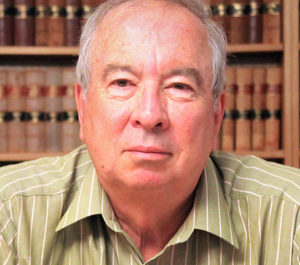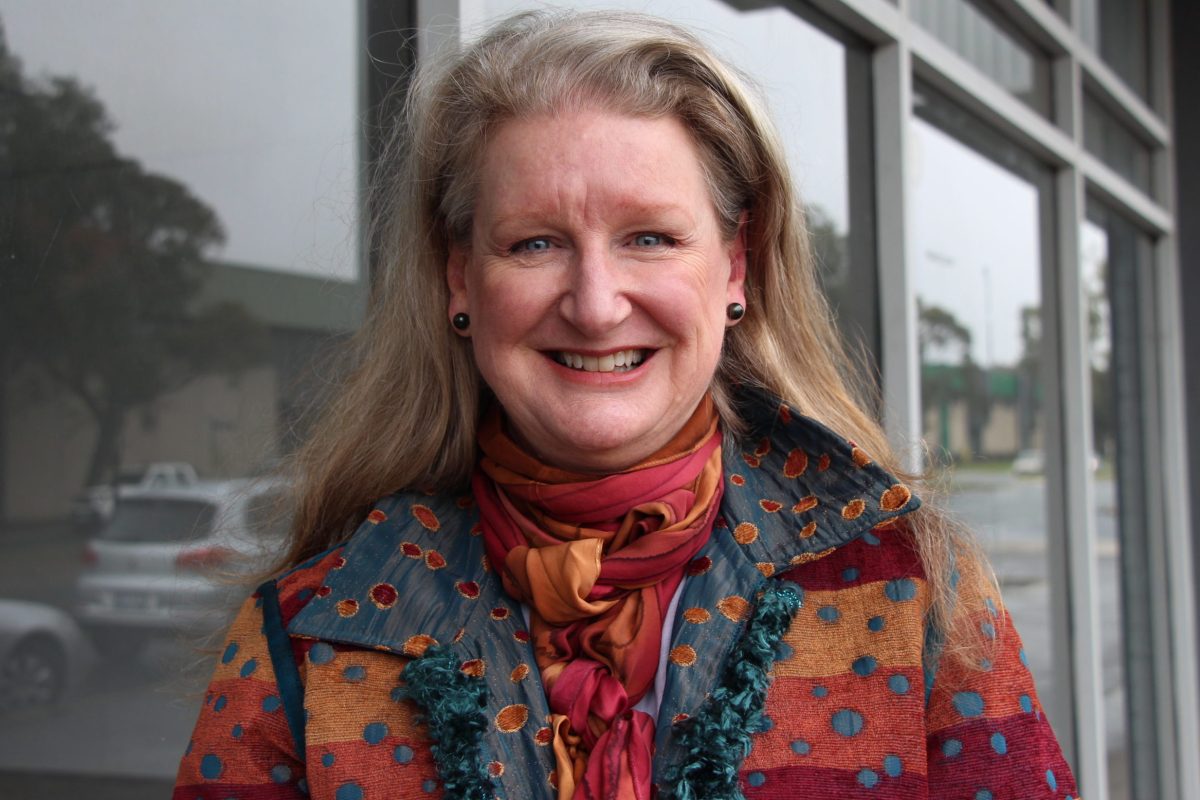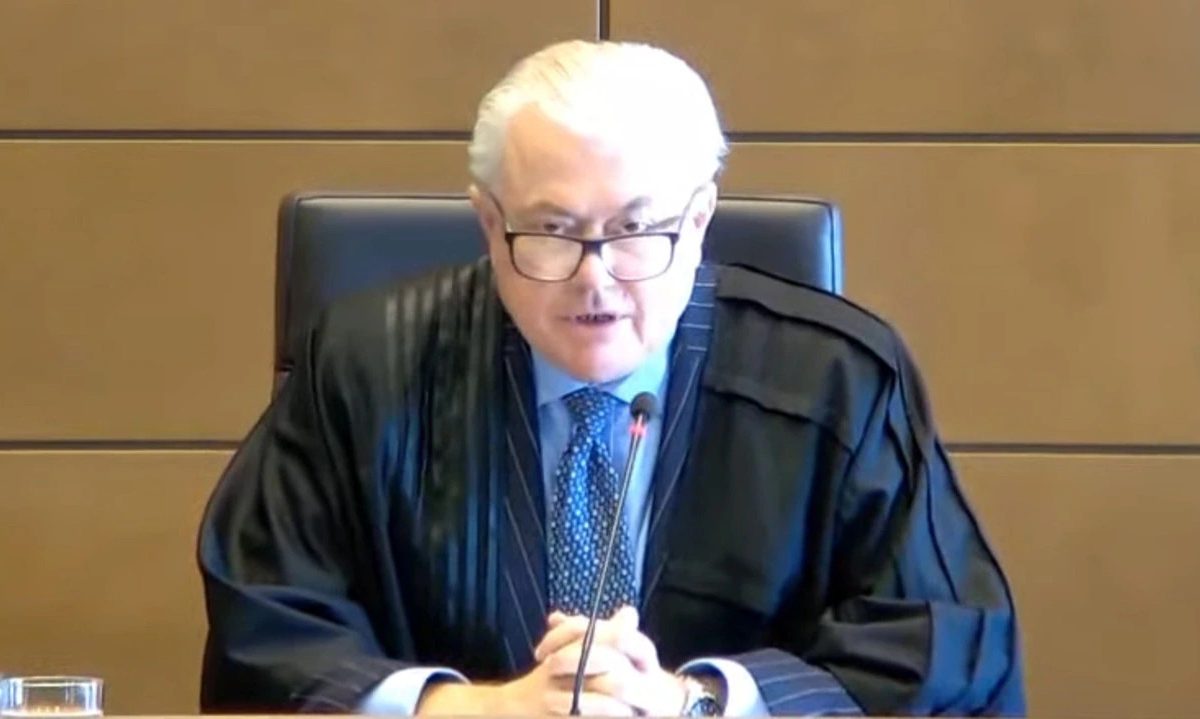“I should have been killed many times over, but so far have managed to dodge death or injury. But we all probably know people who were killed unexpectedly, often through no fault of their own,” writes “Whimsy” columnist CLIVE WILLIAMS.
WHEN I was younger, I wasn’t much interested in life expectancy, but as I get older it’s becoming a more pressing concern – particularly with my time left for overseas travel being reduced by COVID-19.

Centenarians are regularly asked how they have managed to live so long. One Canberra lady recently said: “Porridge in the morning and a whisky at night”. I recall nonagenarian George Burns replying: “By not dying yet”.
However, evidence-based studies indicate that longevity is based on two major factors: genetics and lifestyle choices. Approximately 20-30 per cent of the variation in human lifespan can be related to genetics, with the rest due to individual behaviour and environmental factors.
Even modest amounts of relaxation and physical exercise can extend one’s life expectancy by as much as four and a half years. Conversely, not exercising and being overweight will reduce one’s life expectancy (as one simple measure, your waist size should not be more than half your height).
Environmental risk factors include disease, accidents, poor diet, exposure to pollution and hazardous substances, poor hygiene, exposure to violence, and poor access to health care. Exposure to microwaves and powerlines may also be a risk factor.

Those engaging in dangerous sports such as base jumping, tombstoning (as illustrated) and free climbing are more likely to suffer a premature death. Dangerous jobs such as being a war correspondent or deep-sea diver will inevitably reduce one’s life expectancy. Spending time in conflict zones – and I have been in several – is not a good idea if you want to live longer.
Where you live in the world can also affect your life expectancy. People in developed countries live from 77-90 years and in developing countries 32-80 years. Australians’ life expectancy in 2019 was 83.35 years. According to the ABS, life expectancy at birth in 2017-2019 was 80.9 years for Australian males and 85.0 years for females.
Women generally outlive men because they have smaller bodies (with less stress on the heart) and a stronger immune system, and are less likely to engage in physically dangerous activities.
Frenchwoman Jeanne Calment was the oldest recorded person at 122 years while Japanese man Jiroemon Kimura was the longest-lived male at 116.
There have been other longevity claimants but their birth documentation has been suspect or non-existent. Immigrants to developed countries from countries where there are poor or counterfeit birth records sometimes exaggerate their age to qualify earlier for aged pensions; this means they seem to live longer.
Attitude and quality of life are also important – I’ve known of people who died because they just gave up wanting to live.
Luck is a wild card. I should have been killed many times over, but so far have managed to dodge death or injury. But we all probably know people who were killed unexpectedly, often through no fault of their own. My best friend in my 20s was killed in an air crash.
There’s some doubt that current younger generations will live as long as the baby boomers, mainly due to their reliance on fast food, overconsumption of sugar and being overweight. But the UN has projected that by the year 2300 people in most developed countries will live between 100 and 106 years.
And no, consuming long-life milk won’t help you live longer!
Clive Williams is a Canberra columnist
Who can be trusted?
In a world of spin and confusion, there’s never been a more important time to support independent journalism in Canberra.
If you trust our work online and want to enforce the power of independent voices, I invite you to make a small contribution.
Every dollar of support is invested back into our journalism to help keep citynews.com.au strong and free.
Thank you,
Ian Meikle, editor





Leave a Reply